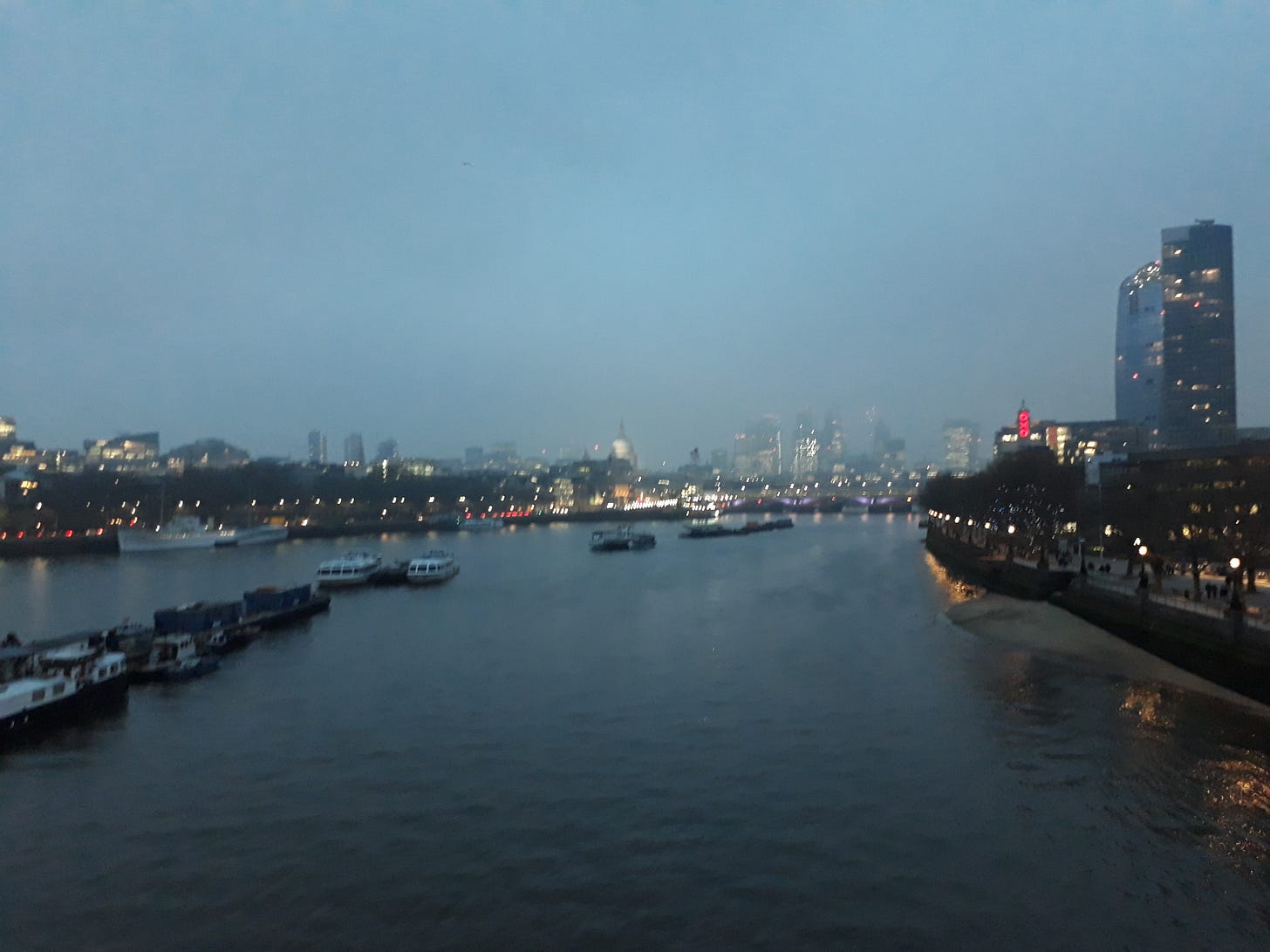Where most of my writing has tended for a while to be from or about other places, the past few weeks – amplified by a period of COVID quarantine – has provided some of those rare and precious first impressions back inside the UK. This feeds into my sense that I should really at some point put together more writing that looks at the UK in more of the roadside detail I have written elsewhere.
Some of these first impressions are by now so broadly recounted that they hardly require further dwelling. My £150 COVID test kit for Day 2 and Day 8 of self-isolation, the results from the Day 8 test arrive only on Day 12 (quarantine is supposed to end Day 10), in so doing embarrassing anyone who actually took seriously the UK system of pandemic precautions while the UK government did not. Things like this are better used as a store of purpose for political change, rather than in yet more contemplation of what is already manifest corruption and organisational failure.
The main but not unrelated moment that has been in my mind since first returning was approaching the ticket barrier at a station and, with a member of staff behind the glass screen of the ticket office, asking for a fare to London. Somewhat bored, the member of staff looked up from what he was doing, gestured to the barrier with its contactless touch pad, and suggested I just touch my bank card there to get through to my nearing train.
“Is it the same price?” I asked.
And with a booming voice full of solidarity he replied, “It’s half the price!”
I nodded thanks, touched the card, and on I went.
I wouldn’t want to hang too much importance on this one moment. Something of the last few years has already seen a superabundance of such material, where a reporter from London asks a random person on the street what they think about the country, and the person on the street tells the reporter the same thing – normally a vague remark about the Direction Of The Country – that they, by now, have seen a few hundred similar people tell a similar reporter on a similar street, thereby reproducing the media that they can in that instant recognise themselves as about to be participant in. Most of all it seems unwise to hang too much meaning on a single moment or encounter in the way such vox pops endeavour to.
Nonetheless I am still thinking about the man in the ticket office.
Put aside the to-begin-with criminal fact that the price of a ticket is different, and so different, at the ticket office or using a contactless payment card, and probably different again from the ticket machine beside the ticket office.
Put aside the implicit discrimination and expense in this to those who do not speak English, who do not have bank cards, who are old, or who in any way trust the British state not to run public transport like something half way between a racket and a basket case.
The main thing that has stayed with me is the eagerness of the man in the ticket office for me to pay less rather than more of my money, the conviction that I should be giving his employer less money, and his ringing tone and how it recognised the total sham that we were in such a position to begin with.
It is strange to have someone quite literally dressed in the uniform of his employer nonetheless advocating earnestly against his employer and in the interest of the member of the public. It is catastrophic in a public service like railways that these interests are opposing rather than matched to begin with.
I’m not about to turn this new blogging into walk-by encounters with Britain in all its weirdness, but it’s good to take advantage of a first impression, and use that moment of viewing the post-colonial island through the colonial gaze.
Also don’t let me, as I say, place too much weight on a single moment. I just liked the poetry of the contradiction: a man in company uniform arguing against his uniform; an insurgent dressed in the clothes of obedience. This in turn reminds me of the ways in which elite members of the Conservative Party and their media have made a habit of railing against elites, seemingly unable to see, or able to overlook, this internal contradiction.
In their different ways, returning into the UK, both sort of leave the lingering question of who, or what, is even in charge here?




